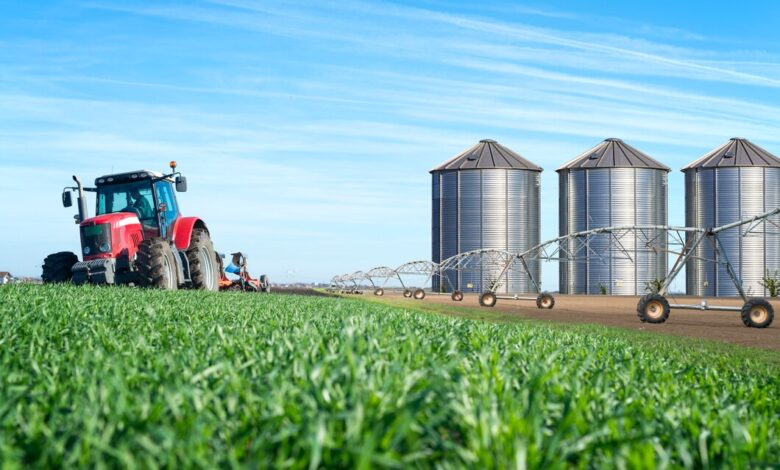What To Look Out For When Investing In Lesotho’s Agriculture Industry

Lesotho, known as the “Kingdom in the Sky” due to its high-altitude terrain, offers unique opportunities for investment in agriculture. As investors consider this sector, several key factors must be carefully evaluated to navigate opportunities and challenges effectively.
1. Climatic and Geographic Considerations
Lesotho’s geography and climate heavily influence its agriculture. The country’s high altitude and mountainous terrain impact agricultural practices and crop suitability. Evaluators should understand the specific climatic zones, seasonal variations, and their implications for farming activities.
2. Key Agricultural Products
Lesotho primarily produces crops such as maize, sorghum, wheat, and various vegetables. Livestock farming, including sheep and goats, is also significant. Investors should assess market demand, local consumption patterns, and export potential for these agricultural products.
3. Water Resources and Irrigation
Water availability is critical for agriculture in Lesotho. Evaluators should examine access to water resources, irrigation infrastructure, and water management practices. Investments in efficient irrigation systems can enhance productivity and mitigate risks associated with seasonal rainfall variability.
4. Land Tenure and Ownership
Understanding land tenure systems and ownership regulations is essential for investors. Lesotho has a mix of communal and leasehold land, with specific regulations governing land use and acquisition. Clear legal frameworks and secure land tenure are crucial for sustainable agricultural investments.
5. Infrastructure and Logistics
Infrastructure, including roads, storage facilities, and transportation networks, impacts agricultural productivity and market access. Evaluators should assess the state of infrastructure in rural areas where farming activities are concentrated. Investments in infrastructure development can improve supply chain efficiency and reduce post-harvest losses.
6. Technology and Innovation
Adopting modern agricultural technologies and practices can enhance productivity and profitability. Evaluators should consider opportunities for introducing mechanization, precision farming techniques, and agri-tech innovations tailored to Lesotho’s agricultural conditions.
7. Market Access and Trade Opportunities
Access to local and international markets is crucial for agricultural investors. Evaluators should analyze trade agreements, export opportunities, and market dynamics for agricultural products. Diversifying markets and value-added processing can mitigate risks associated with fluctuating commodity prices.
8. Supportive Policies and Incentives
Government policies and incentives play a significant role in promoting agricultural investment. Evaluators should assess policies related to land reform, agricultural subsidies, tax incentives, and regulatory frameworks governing agribusinesses. Favorable policies can create a conducive environment for investment and business growth.
9. Environmental Sustainability and Climate Resilience
Investing in sustainable agriculture practices is increasingly important. Evaluators should consider environmental sustainability criteria, such as soil conservation, biodiversity preservation, and climate-smart agriculture initiatives. Sustainable farming practices not only mitigate environmental impacts but also enhance long-term profitability.
10. Risk Management and Mitigation
Investing in agriculture involves inherent risks, including weather-related risks, market volatility, and regulatory changes. Evaluators should develop robust risk management strategies that incorporate insurance solutions, diversification of crops or livestock, and contingency plans for adverse scenarios.
In conclusion, investing in Lesotho’s agriculture industry offers promising opportunities amidst unique challenges. By carefully evaluating climatic conditions, agricultural products, water resources, land tenure, infrastructure, technology adoption, market access, supportive policies, sustainability practices, and risk management strategies, investors can make informed decisions that contribute to the sector’s growth, enhance food security, and promote economic development in the Kingdom in the Sky.
Join 'Lesotho News' WhatsApp Channel
Get breaking Lesotho news — delivered directly to your WhatsApp.
CLICK HERE TO JOIN



